
Healthcare jobs in Luxembourg for doctors, nurses and more
The healthcare sector encompasses diverse professions, all requiring specialized training in medical or personal care fields. In this article we will see which jobs are available and what to expect.
While the health care industry is diverse, it shares a common goal: to do whatever it takes to keep people healthy. Achieving this goal, however, has become increasingly challenging due to population growth, an aging population, and an increase in chronic diseases. In Luxembourg, healthcare professionals are in high demand as the shortage of qualified personnel increases the need for their services.
Which healthcare positions are most demanded now in Luxembourg?
The relentless growth of the population, coupled with an aging demographic and an increase in chronic health conditions and other health problems, has created a significant and ever-increasing demand for healthcare professionals in Luxembourg.
Statistics show
To dissect this demand and identify the most sought-after positions, we turn to a comprehensive study conducted by the Ministry of Labour (MT) and the Employment Development Agency (ADEM) covering the health sector from 2020 to 2022.
According to the study, which relies on reported job vacancies to ADEM, the most sought-after profession is that of a nurse, representing 22.1% of the positions.
Following closely are nursing assistants, senior aides, psychologists, medical secretaries, medical assistants, occupational therapists, domestic aides, physiotherapists, and physicians.
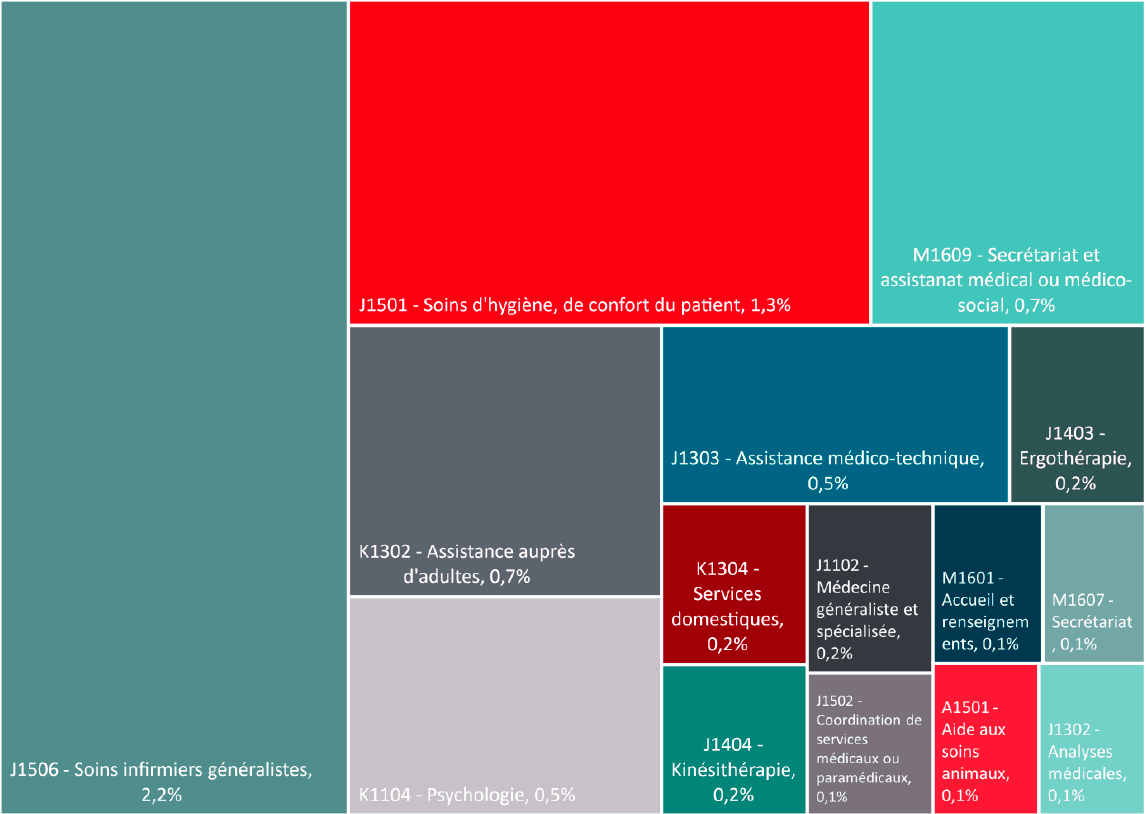
Medical staff needed
Indeed doctors are in high demand, our article dedicated to the shortage of doctors in Luxembourg sheds light on the current situation and the underlying causes.
Overview of the healthcare jobs in Luxembourg
Numerous professions and specialties define the roles of healthcare professionals within this diverse field. These include general practitioners, gynecologists, anesthesiologists, and many other medical specialties. Several avenues of practice exist within the medical landscape.
Scrubs
In addition to physicians, the healthcare domain includes nurses, nursing assistants, and orderlies, all of whom are essential to supporting physicians and providing the necessary resources to deliver care. The scope expands to include medical assistants and midwives. Even veterinarians and veterinary assistants are recognized as healthcare professionals.
Generally speaking, the healthcare sector in Luxembourg encompasses a broad spectrum of professions, each demanding specialized medical or caregiving training.
If you want to have a deeper knowledge of some of these jobs, we recommend you check out articles about landing specific positions in healthcare domain in Luxembourg, written with our expertise and profound research.
Healthcare professionals can practice in diverse settings, be it private practices, hospitals, or within the industrial sector. Many opt for private practice in urban offices, acting as their own employers and earning fees based on patient consultations. Dentists, general practitioners, and certain specialists commonly adopt this model, often forming group practices or joining healthcare centers.
Hospital employment is prevalent, especially among physicians, biologists, midwives, and pharmacists. It is customary for these professionals to split their time between private practice and hospital work.
Corporate ladder for doctors
Moreover, healthcare professionals find opportunities in private enterprises, notably within pharmaceutical industries. These industries hire healthcare professionals for research, production, marketing, and regulatory affairs roles.
Training and skills necessary to work in the healthcare sector
Given the expansive array of professions within the healthcare sector, the possibilities for education are nearly limitless, encompassing diverse types and durations of study.
Ranging from one-year nursing programs to 12 years or more for specialist physicians, the educational journey varies widely.
Legal requirements for medics
Another question is that when you deal with people's lives, you have to be in tune with the necessary certification. In Luxembourg, healthcare professions are regulated, necessitating the acquisition of a special permit to practice. To obtain this permit, certain prerequisites must be met.
Residency and nationality
Education proof
Communication needs
By the way, for detailed information on the application process for authorization or the recognition of foreign diplomas, we recommend visiting the dedicated page on guichet.lu.
In addition to formal education and excluding profession-specific competencies, several common skills are integral to success in the healthcare sector.
How to get a healthcare job in Luxembourg?
We will now explore the diverse landscape of healthcare employment in Luxembourg with a comprehensive analysis of available positions. We will discover coveted roles and uncover the most sought-after healthcare jobs in Luxembourg
Top-10 popular healthcare jobs in Luxembourg
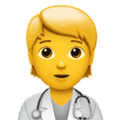
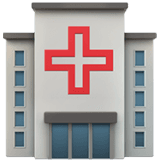
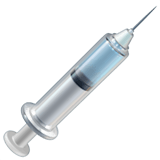




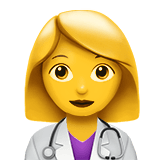


Where to find work in the healthcare field?
We have the answers if you're passionate about helping the world and wonder where to find healthcare jobs in Luxembourg. We're here to solve the puzzle, explore the leading job boards, and highlight the top locations to secure a healthcare job.
Luxembourg companies and hospitals recruiting in the healthcare sector
Here's a curated list of some of the most impactful healthcare establishments, along with links to explore their current job offerings.
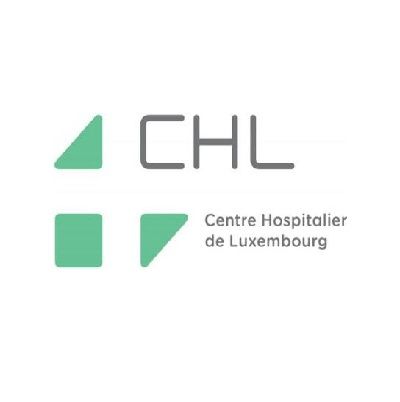
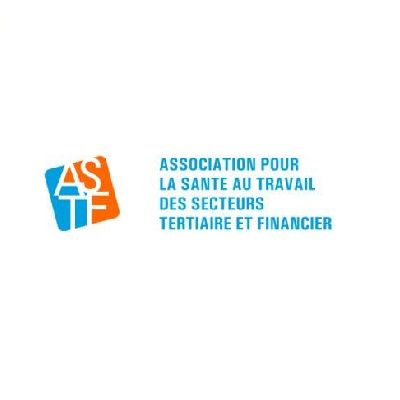
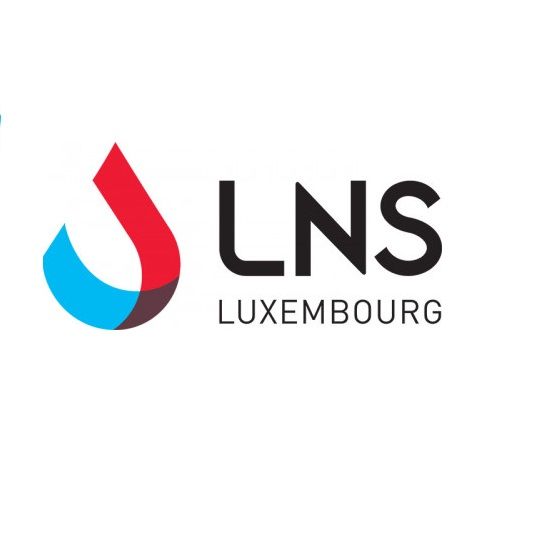

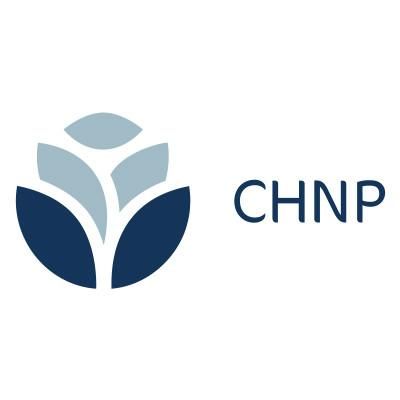
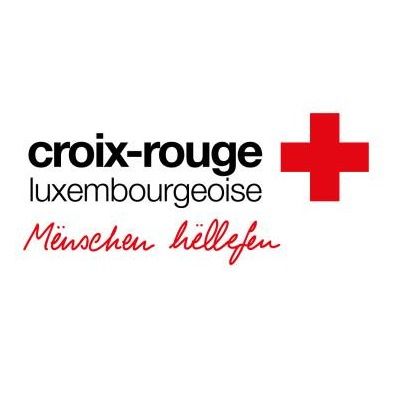
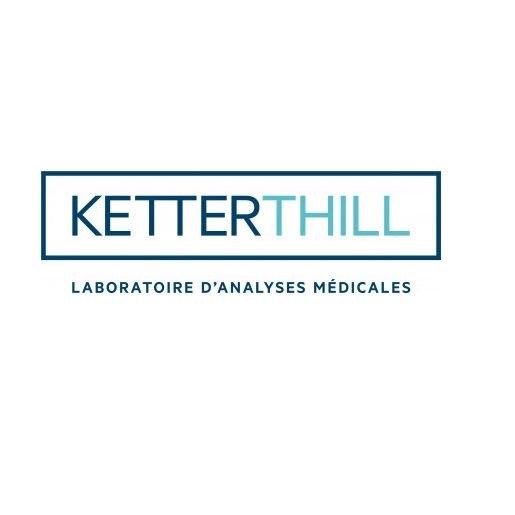
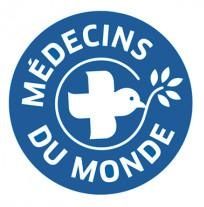
Job portals offering vacancies in Luxembourg
To navigate the job market efficiently, the internet is your best ally, hosting numerous job portals with thousands of job listings. These platforms allow you to filter job offers based on your preferred sector, location, educational level, or required work experience.


Freelance and interim work in the sector in Luxembourg
In the Luxembourg health care sector, the feasibility of working on a freelance or interim basis varies from profession to profession. Professions like nursing, for example, are often well suited for interim assignments because of their flexibility and adaptability to different health care environments.
Still, in fields like medicine, interim work is less prevalent because of the complexity of medical practices and the need for consistent patient care. Medical professionals, especially physicians, often prefer permanent positions because patient relationships and treatment plans require continuity.
Doctena will help you likewise
Certain healthcare professionals, like doctors, may opt for independent practices, establishing their own clinics or offices. This setup allows for greater autonomy and control over patient care.
- On the other hand, some specialties, such as surgery, may pose challenges for independent practitioners due to the need for specialized equipment and facilities typically found in hospitals.
- The decision to pursue freelance or independent work depends on the nature of the profession and the practicalities associated with delivering quality healthcare services.
What else can you read on the topic of employment in Luxembourg?
You will find a variety of articles on the job search, career development and workplace culture in our dedicated section of the Blog. Check it out.
Salaries of healthcare professionals in Luxembourg in 2024
For a broad perspective on how much money can one make in the country, where doctors are in high demand, the Paylab platform offers an estimated salary range for the sector.
| Role | Minimum (euros) | Maximum (euros) |
| Doctor | 4,201 | 10,381 |
| Charge Nurse | 4,075 | 5,834 |
| Anesthetist | 3,882 | 9,091 |
| Dentist | 3,672 | 8,434 |
| Pharmacist | 3,377 | 7,723 |
| Clinical Psychologist | 2,633 | 6,666 |
| Dental Assistant | 1,807 | 5,099 |
| Medical assistant | 1,771 | 5,285 |
| Caregiver | 1,600 | 4,276 |
| Kinetotherapist | 1,600 | 4,265 |
Wage one can count on
An estimated salary range for the sector, indicates an average minimum of 2,087 euros and an average maximum of 5,534 euros.
What papers do you need as a foreigner?
For European nationals, the process of working in Luxembourg is relatively straightforward, given the freedom to live and work in any European country. However, if you are not a European national, navigating the paperwork becomes essential.
The requirements vary based on your circumstances, distinguishing between employed and self-employed roles. Additionally, familial situations, such as having a Luxembourgish or European partner, can impact the process.


Work permit in Luxembourg
Frequently Asked Questions (FAQ)
What degree and education I need to be a doctor in Luxembourg?
To work in the healthcare sector in Luxembourg, educational requirements vary based on the specific profession. Generally, healthcare professionals need to hold relevant degrees or certifications from recognized institutions. For instance, physicians typically require a medical degree, while nurses may need diplomas or degrees in nursing. Specialized roles like pharmacists or physiotherapists necessitate specific educational backgrounds aligned with their fields.
Can I work in healthcare in Luxembourg as a foreigner?
Yes, Luxembourg welcomes foreign-trained healthcare professionals. However, recognition of qualifications is crucial. Foreign-trained professionals must go through a recognition process to ensure their credentials meet Luxembourg's standards. This process involves submitting documents to relevant authorities for evaluation and approval, facilitating the integration of skilled individuals into the Luxembourgish healthcare workforce.
What languages do healthcare specialists like doctors speak in Luxembourg?
Proficiency in one of Luxembourg's administrative languages German, French, or Luxembourgish is a prerequisite for working in the healthcare sector. Clear communication with patients, colleagues, and administrative tasks demands language skills. While English may be used in certain contexts, a solid grasp of one of the official languages is required to navigate the diverse linguistic landscape of Luxembourg's healthcare environment.
Source: guichet.public.lu, www.univision.com, www.onisep.fr, www.elempleo.com, brm-conseil.fr, www.seniorieweb.be, www.irss.fr, fr.indeed.com, www.hellowork.com, adem.public.lu, www.moovijob.com, www.moovijob.com, www.moovijob.com, www.moovijob.com, www.moovijob.com, en.moovijob.com, www.moovijob.com, en.moovijob.com, www.moovijob.com, www.paylab.com
We took photos from these sources: Unsplash, ADEM, Moovijob, mentioned companies Facebook pages and other social medias